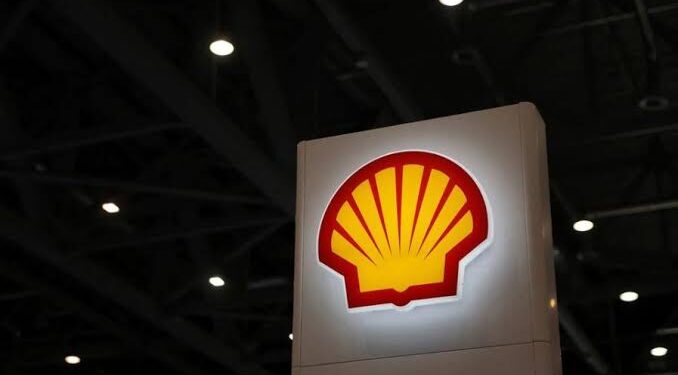Shell Nigeria Exploration and Production Company Limited (SNEPCo), a subsidiary of Shell plc, has taken a brave step by announcing the Final Investment Decision (FID) on its Bonga North project. This deep-water initiative off Nigeria’s coast promises to be of importance for the country’s oil and gas industry.
The Bonga North project, according to Shell, aims to sustain production at the Bonga facility, boasting a recoverable resource volume exceeding 300 million barrels of oil equivalent (boe). At its peak, it is expected to churn out 110,000 barrels of oil daily, with first oil projected by the end of the decade. Impressive?

Shell’s Integrated Gas and Upstream Director, Zoë Yujnovich, called it a “significant investment” designed to keep their “advantaged Upstream portfolio” stable and cash-generating well into the next decade
The project includes a subsea tie-back to the Shell-operated Bonga Floating Production Storage and Offloading (FPSO) facility, where Shell holds a dominant 55% interest. To get Bonga North running, the company will drill, complete, and launch 16 wells, split between production and water injection—alongside modifications to the existing FPSO infrastructure and the installation of new subsea hardware.
Yes, Shell’s cash generation goals are clear, and no doubt the project will reinforce its global standing in the energy sector. But what does this mean for the communities near these oil fields? Are there efficient measures in place to mitigate environmental impacts? And will local contractors and workers see a meaningful share of the benefits?
As first oil nears by the end of the decade, we all hope that Shell’s promises include a tangible commitment to local development, not just corporate “gra gra” about portfolio stability.

















